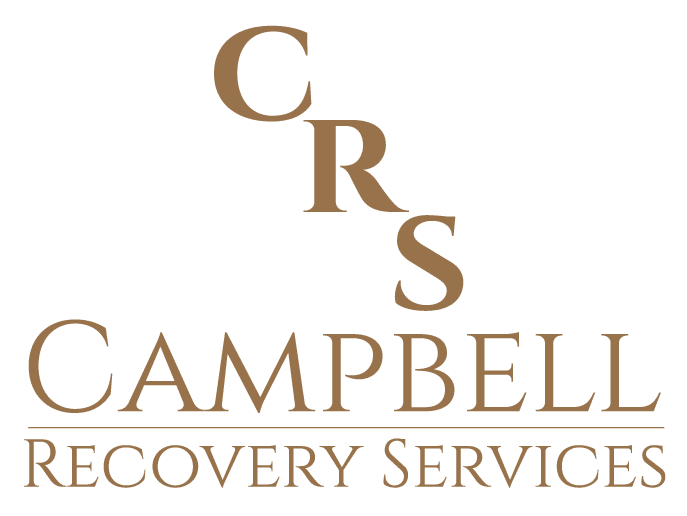It isn’t uncommon for those struggling with a mental illness to also experience a substance abuse disorder, as the two conditions go hand in hand. In this scenario, drugs and alcohol can be used as a coping mechanism for mental health disorders. This can lead to an unhealthy cycle of treating a mental illness with substance abuse. Conversely, underlying addiction and substance abuse can further exacerbate any underlying mental health disorders. This is known as a co-occurring disorder and is most common in those suffering from anxiety and mood disorders, bipolar disorder, schizophrenia, post-traumatic disorder, and major depressive disorder, among others.
When seeking treatment, it is important that the patient receives help for both the mental illness and substance abuse. By addressing both disorders, they can have the best chance at long-term sobriety.
Why Mental Health Disorders and Addiction Are Often Seen Together
Mental illness and addiction have a lot in common. These are both known as chronic brain disorders. Those that struggle with drug or alcohol addiction will likely see some permanent changes to their brain because of this addiction. These changes are caused by substance abuse. How drug and alcohol addiction impact the brain is the same area that is impacted by depression, anxiety, bipolar disorder, and schizophrenia.
While those with mental illnesses may choose to turn to substance abuse to cope with these feelings, the underlying mental health disorder does not necessarily cause addiction. However, there is a correlation between mental illnesses and substance abuse that makes those suffering from one at a higher risk for the other. Ongoing abuse of alcohol or drugs can bring out the symptoms of a mental illness, while in other cases those suffering from a mental health disorder may try to self-medicate using drugs or alcohol. In both cases, this creates a co-occurring condition between mental health disorders and substance abuse.
Treatment for Co-Occurring Addiction and Mental Illness
It would be difficult, if not impossible, to treat one of these problems without addressing the other. A common mistake in the recovery process of someone suffering from this type of co-occurring scenario is to seek treatment for only one of the conditions. This may mean treatment for a mental health disorder or substance abuse alone. By neglecting to address both conditions simultaneously, these patients are likely to revert to their co-occurring disorder in the future.
To give the patient the best chance of success at recovery, both the mental illness and addiction need to be treated. This type of integrated treatment for mental health disorders and addiction can also help those suffering from these co-occurring disorders to better understand the correlation between the two in their own life. Only addressing one of these problems can lead to an incomplete recovery, setting the patient up to revert to their old ways when treatment is complete.
At Campbell Recovery Services we focus on addressing both mental health disorders and addiction when treating patients that are experiencing this type of co-occurring disorder.





